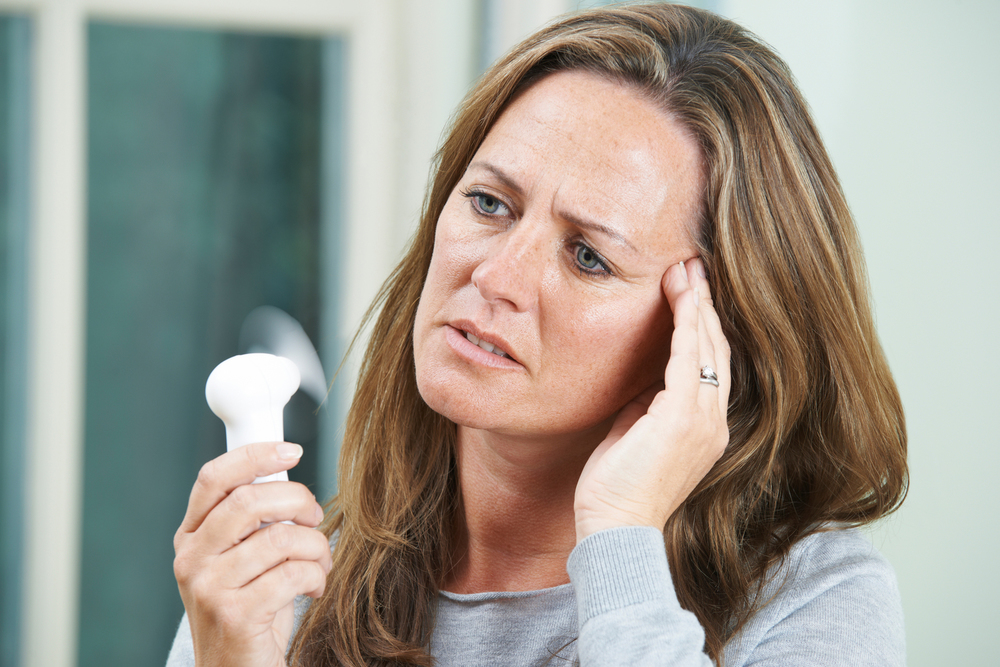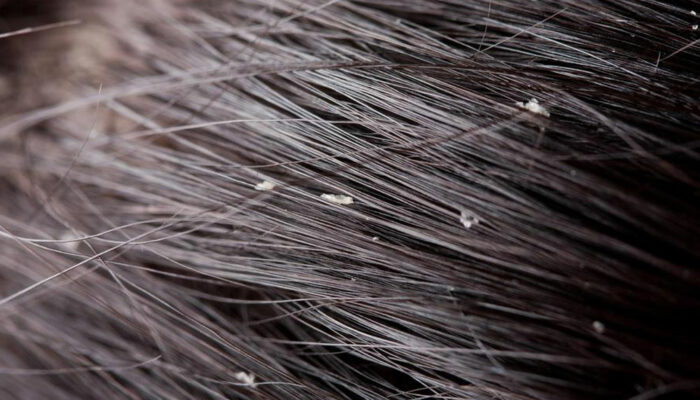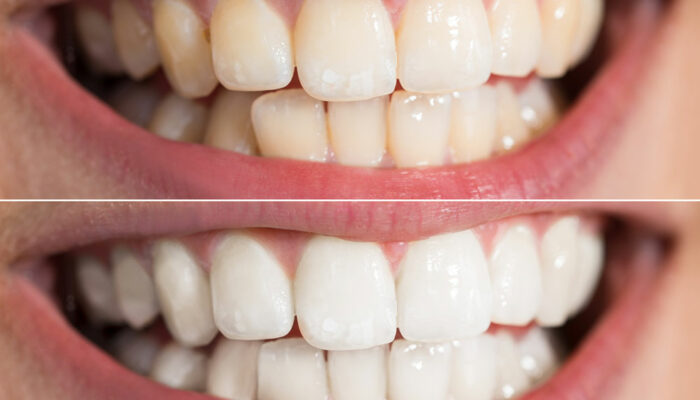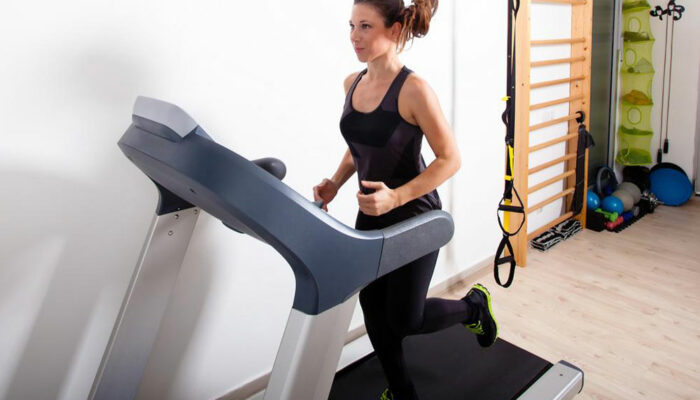
Tips to Relieve the Symptoms of Menopause
Perimenopause marks the transition between menstruation and full menopause (which occurs after 12-months with no period). Perimenopause typically occurs after the age of 45. Most women spend between 5 to 10-years in this phase until they reach full menopause. It is a natural part of life. However, the symptoms of perimenopause can be quite unpleasant.
The good news is that there are several things that you can do in order to alleviate the symptoms of perimenopause:
Anxiety
Anxiety is one of the symptoms that you may experience while you are going through menopause. It can cause shortness of breath, fatigue, nausea, heart palpitations and muscle tension. One of the things that you can do in order to alleviate anxiety is to exercise. If you exercise, then you will be helping your body relax. You can also alleviate anxiety by listening to soft music.
Hot flashes
Hot flashes is another symptom that you may experience while you are going through perimenopause. It is a feeling of warmth that spreads throughout the body. It can last anywhere from a few seconds to several minutes. If you make a few changes in your diet, then you can alleviate the symptoms of hot flashes. If you add more vegetables, fruits and whole grains to your diet, then you can reduce hot flashes. Those symptoms can naturally boost estrogen production.
Insomnia
The hormonal changes that you experience can cause you to experience insomnia. There are several things that you can do in order to remedy your insomnia. You will need to stick to a consistent sleep schedule. You will also need to keep yourself active. Furthermore, you will need to limit your intake of caffeine.
Migraines
It is common for women who are going through peri and menopause to experience migraines. You will need to watch your diet. Many women find that certain foods can trigger their insomnia. You may find that it is helpful to keep a food diary. You may also want to try acupressure. This is a practice that involves applying pressure to specific points on the body. Furthermore, yoga can help alleviate migraines.
Incontinence
The decrease in estrogen can cause your urethra lining to thin. Your pelvic muscles can also weaken as the result of the natural aging process. That is why it is common for women who are menopausal to be incontinent. You can do pelvic floor exercises or Kegel exercises in order to strengthen your pelvic muscles. You may also want to cut down on your alcohol and caffeine consumption.
Decreased libido
Low estrogen can lead to a low libido. Decreased estrogen can also cause vaginal dryness, which can make intercourse uncomfortable. You can use lubricant to make the intercourse more pleasurable. Exercising can help naturally boost your libido. You should try to get 30 minutes of exercise per day.



